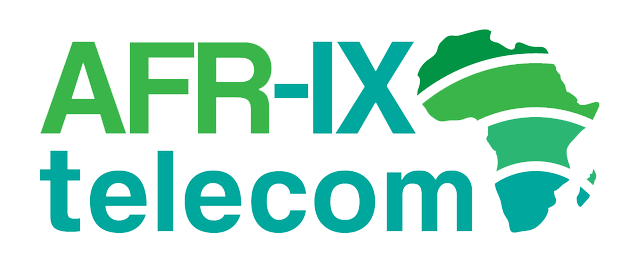Why is Africa lagging behind the world in Technology?
Africa is one of the most diverse regions on Earth. With more than 50 countries and over 1,000 tribes and languages. But despite this diversity, Sub-Saharan Africa is lagging behind the rest of the world in terms of technology.
Education Gap and Illiteracy
Like others in the developing world, many African countries are suffering from
- Extreme Poverty
- Lack of Access to Electricity
- Basic Public Services
Unfortunately, this has a knock-on effect on education or training that could lead to a better future.
Poverty
According to UNICEF, approximately 69 million children in Eastern and Southern Africa are currently out of school. Due to COVID-19 and pre-pandemic factors, instead of being able to go to school and learning computer skills or how to start a business of their own. Drivers such as parents’ inability to pay school fees, child labor from poverty, and access issues for disabled children hold them back.
Electricity
For the first time in nearly a decade, 2020 saw an increase in the number of people in Sub-Saharan Africa without access to electricity. Without internet access, children and adult learners are unable to take advantage of the opportunities that digital technology has to offer.
Public Services
According to a study by the International Finance Corporation etal., by 2030 Sub-Saharan Africa will see over 230 million jobs that need digital skills. But the lack of educational and training facilities in Africa makes it difficult for the young population to develop the necessary skills and technology needed for success in the modern economy.
Despite a solid demand for digital skills in Sub-Saharan Africa, the current labor force largely lacks these skills. The demand-supply gap is wider in SSA than other regions. Many countries in the region lack the resources needed to train workers in the skills and technologies which are needed to boost economic development in the region. Building more educational institutions ,will easily solve this problem. Moreover, advanced technologies* making education more accessible could partially solve the problem. For instance, people in remote areas can access high-quality education through online educational platforms. Initiatives like the annual Hour of Code campaign can raise awareness about digital literacy in Africa. Of course, these efforts depend on a reliable power supply
Outdated Government Policies
Outdated policies hinder Africa’s tech growth. Many governments discourage advanced technologies, delaying development.
Another problem with government policymakers in the region is that they often lack the knowledge necessary to develop and implement technological innovation policies which can help boost development in the region. As per the 2019 World Development Report, “Investing in human capital must be a priority for governments in order for workers to build the skills in demand in the labour market. In addition, governments need to enhance social protection and extend it to all people in society, irrespective of the terms on which they work.”
Poor Infrastructure
Africa is known for its fertile soils, rich biodiversity, and stunningly beautiful landscapes.
On the flip side, Sub-Saharan Africa also has some of the poorest infrastructure in the world. Many of the major cities do not have reliable electricity and running water. As a result, too many people don’t have access to the internet – 22 percent of the continent has internet access.
Even though these challenges may seem daunting, they cannot be overcomed with the right leadership and sufficient resources. SSA offers the greatest potential for technological progress.
Corruption
Ineffective leadership has been a major cause of the lack of innovation in Africa. Corrupt officials prioritize personal wealth over investing in technology and infrastructure. As a result, Sub-Saharan Africa struggles to provide basic services.Leaders committed to improving their constituents’ lives actively drive economic transformation.
As far back as 2008, an academic paper concluded that, “The phenomenon of corruption in Africa is a disastrous cancer costing millions in lost resources that could have been utilised for the national good.”
To be part of the industrial growth fuelled by technology, get in touch with AFR-IX Telecom today!





